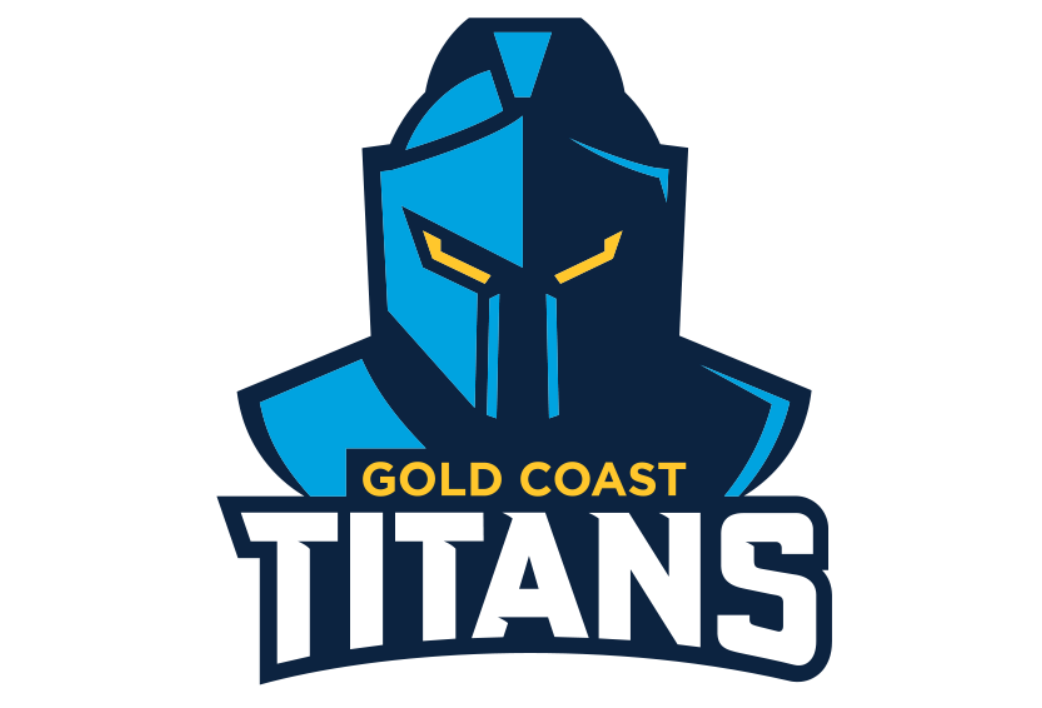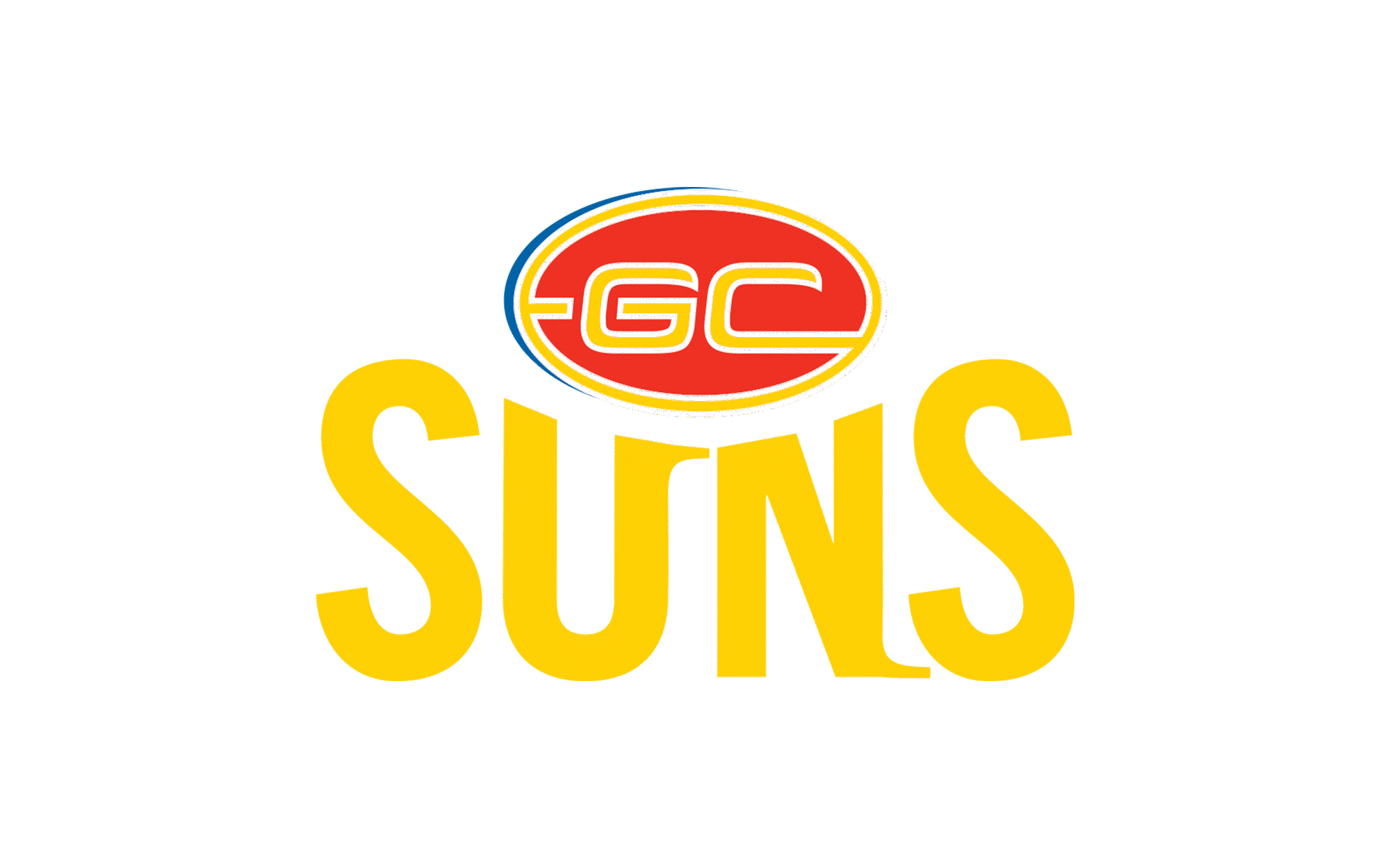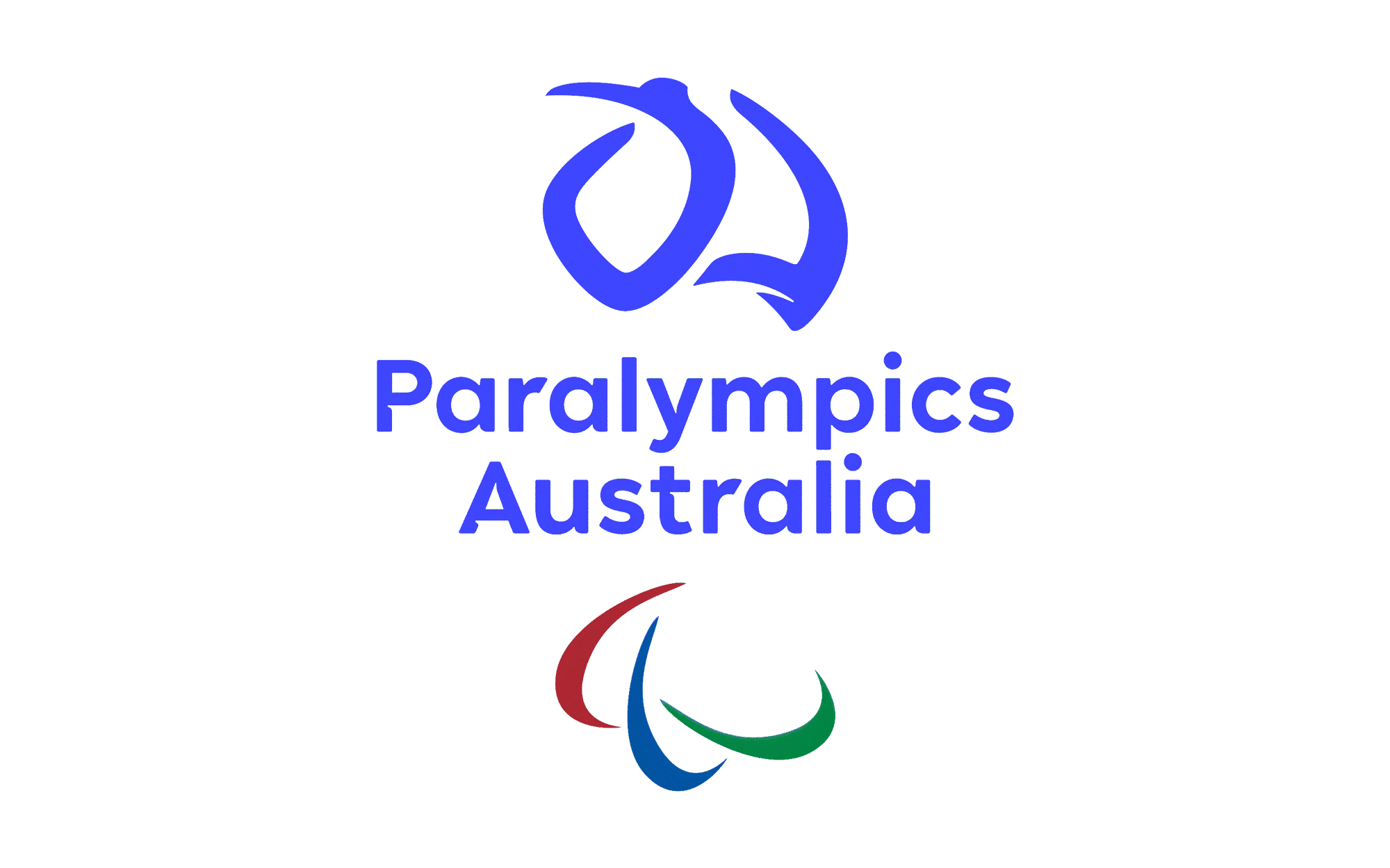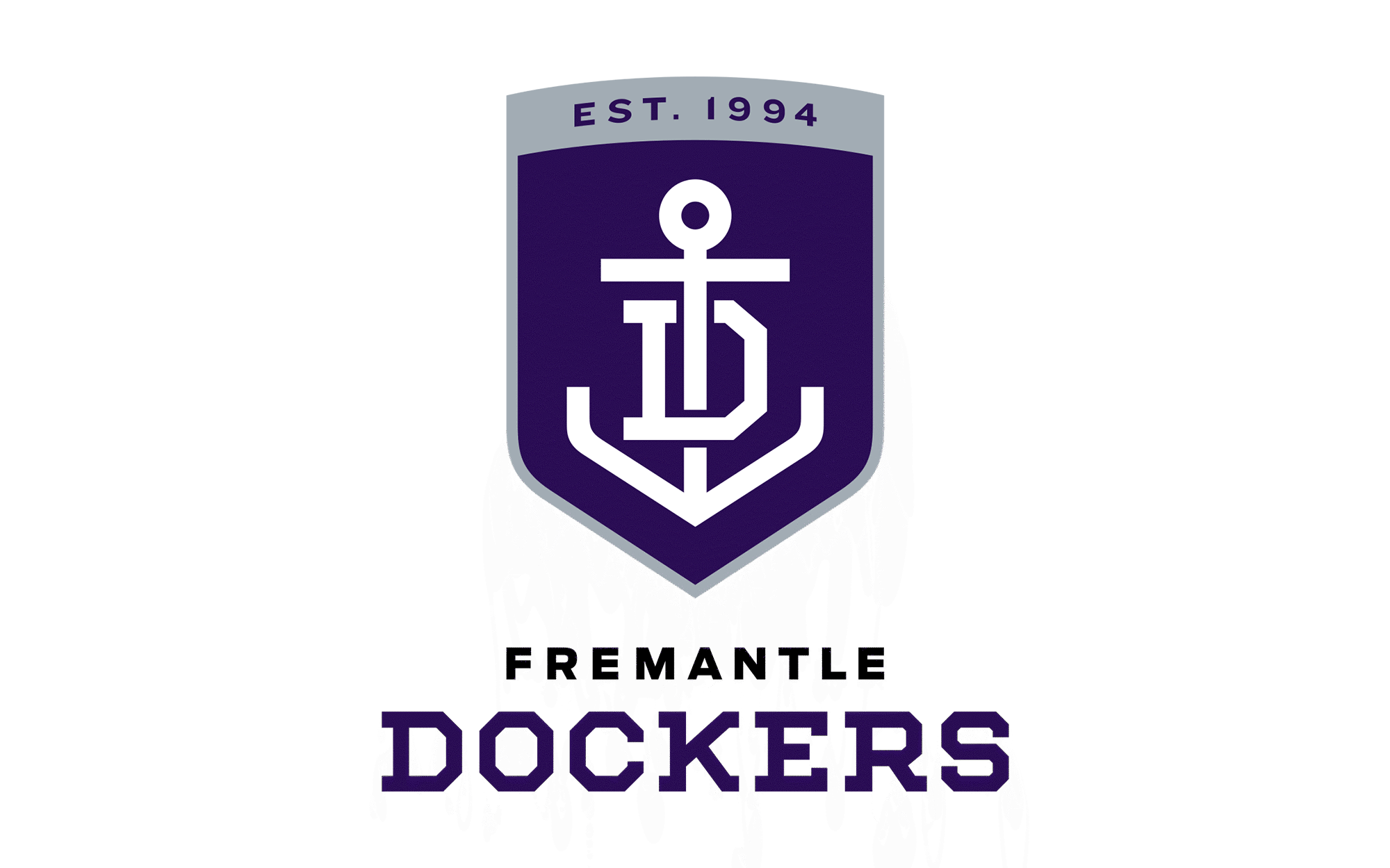Five sports business trends for 2021 in review.
With the Covid-19 pandemic raging on, 2021 has been another uncertain year in sport. It has also taken the industry to the point of significant transformation. Digital media and technology have added new layers to the sports experience for over a decade but the long-term changes in consumer behaviour that have reshaped other sectors are becoming more potent. Challenges to the rights models that have driven prosperity for a generation, combined with the added economic pressures of the global public health emergency, have spurred innovation but also presented some difficult choices. Beneath all of it, some key trends have emerged and others have accelerated. Here are just a few of those that defined the past 12 months and will carry renewed influence into 2022.
Covid-19
Inevitably, the pandemic continues to inform almost every short-term decision in sport.
The year began with events being cancelled and behind-closed-door action still the norm. The biggest sporting occasion of 2021 – the delayed Tokyo 2020 Olympic Games – took place with no fans in most venues, and with Olympians’ families not permitted to travel to Japan to support them. Those entering the country to work at the Games did so under strict quarantine regulations, largely remaining within a tight Olympic bubble for the duration of their stay.
UEFA Euro 2020, Europe’s similarly delayed pan-continental football tournament, went ahead with some fans in attendance through June and July but had a more limited scope than would have been anticipated before the pandemic. Local regulations have played a huge part more widely, with the arrival of the Delta and Omicron variants also forcing dramatic alterations to organisers’ plans.
Meanwhile, the task of putting competitions on safely has been further complicated by vaccine scepticism among selected elite athletes. US sports stars like the NBA’s Kyrie Irving and the NFL’s Aaron Rodgers have become poster-boys for the anti-vaxx movement, though they remain in the minority among their peers. Men’s world number one tennis player Novak Djokovic may skip January’s Australian Open in Melbourne due to vaccine mandates in Victoria. In December, it also transpired that as many as 16 per cent of footballers in England’s Premier League had not been vaccinated, helping to cause a spate of Covid-related postponements.
The athlete voice
Other athletes have been more forthright in calling for their competitors and the public to be vaccinated, and that is just one way in which they have put their platforms to use in 2021.
Rising tennis superstar Naomi Osaka spoke openly about her struggles with anxiety and depression in May, when she withdrew from the French Open soon after insisting she would not attend compulsory post-match press conferences. Then in August, Simone Biles confirmed that the pressure she had carried into the Olympic Games as the world’s leading gymnast had caused a performance anxiety issue known in the sport as ‘the twisties’. She sat out parts of her programme but, together with Osaka, did much to progress the conversation on mental health.
Social issues continued to be a point of focus for many prominent athletes, with some even questioning the decisions made in the championships where they competed. Sir Lewis Hamilton, who narrowly failed to defend his Formula One world title against Max Verstappen, called out human rights abuses in Qatar and Saudi Arabia ahead of races there.
Athletes continue to flex their financial muscle as investors and as individual profiles grow, their power within sport as a whole is deepening.
Women’s sport
Fears that the pandemic would stall or derail the development of women’s sport have been eased by commercial landmarks in major markets in 2021.
Global broadcaster DAZN began a transformative partnership with football’s Uefa Women’s Champions League in September, teaming up with YouTube to bring free coverage to fans around the world and working with brand partners like Adidas to expand the competition’s marketing footprint. With the country set to host Uefa Women’s Euro 2022, England’s FA Women’s Super League signed a broadcast deal with Sky Sports and the BBC that will have a similar effect domestically, before extending with Barclays in a contract that will see the bank invest £30 million in women’s and girls’ football before 2025.
In the US, a high-profile group of investors from entertainment, technology and finance – including Oscar-winning actor Natalie Portman, venture capitalist Kara Nortman and Reddit co-founder Alexis Ohanian – will take Angel City into the National Women’s Soccer League (NWSL) in 2022. Australia and New Zealand will continue preparations for the Fifa Women’s World Cup in 2023, while next year brings an ICC Women’s Cricket World Cup and a Women’s Rugby World Cup in New Zealand.
At the same time, the importance of safeguarding female athletes came to the fore once again in 2021. A huge historic abuse and sexual harassment scandal hit the NWSL, prompting commissioner Lisa Baird to resign. In November the apparent censorship and disappearance of tennis star Peng Shuai, who had made reported allegations of sexual assault against former Chinese vice premier Zhang Gaoli, caused an international diplomatic incident and pushed the Women’s Tennis Association to withdraw its events from China and Hong Kong.
NFTs, crypto and the metaverse
Facebook’s relaunch as Meta in October was the strongest signal yet that Silicon Valley is preparing to take consumers into the next version of the internet, Web3, and the appetite for blockchain-based technology in sport has been strong in 2021.
Non-fungible tokens (NFTs), verified one-off digital assets enabled by the blockchain ledger and traded using Ethereum cryptocurrency, exploded in popularity among rights holders and media companies. Dapper Labs’ NBA TopShot platform brought an NFT marketplace closer to the mainstream than ever before, while leading teams and athletes minted their own products throughout the year.
NFTs were also the basis of platforms like Zed Run – which allows users to buy, train and race digital racehorses for real money – and fantasy trading card game Sorare. Blockchain-backed fan tokens issued by companies like Socios have swept across many sports. Their proponents have claimed they give fans more ways to engage with their teams than ever, while critics have argued they offer limited value and are used to flood money into cryptocurrency markets.
Cryptocurrency-based companies of varying reputations have certainly brought millions into the sports industry, representing a whole new sector of brand partners. In Los Angeles, the largest venue naming rights deal in history was signed as Crypto.com took over sponsorship of the Staples Center in a 20-year deal worth a reported $700 million.
Unique digital products are considered essential to the development of a decentralised ‘metaverse’, an embodied successor to the internet. Nike was among the companies to expand its activities in that area, buying startup RTFKT, while 3D platform builder Unity announced Metacast, a specialist tool to take sport into the new realm.
Formats and competitions
Arguably the year’s most spectacular misfire was the attempted €3.5 billion breakaway by 12 European football clubs to create the Super League, a new continental competition in which they would retain financial control and permanent places. Amid a vociferous fan backlash, the six English teams involved quickly retreated but three sides – Barcelona, Real Madrid and Juventus – remain officially linked to the project.
That was only the scene-setter for an often bitter row over the future of the football calendar. Global governing body Fifa has been pursuing its vision for a biennial World Cup as part of a revamped schedule; it claims doubling the frequency of the tournament would generate an additional £3.3 billion for the sport but opponents suggest that would simply be money redirected into Fifa’s coffers from elsewhere.
Limited playing time was one factor affecting a number of sports but rule changes and new formats were also trialled in a bid for new audiences. The England and Wales Cricket Board’s (ECB) bespoke new short-form tournament, the Hundred, was a commercial success despite opposition from traditionalists and the withdrawals of leading foreign players due to Covid. The women’s competition, in particular, set a high standard on the field and broke through barriers off it.
Elsewhere, the difficulties facing conventional rights holders became apparent as new forces from the worlds of entertainment and gaming staked their claim. Overtime, a startup digital media company targeted at Gen Z fans, launched a US-based professional basketball competition, the Overtime Elite League, for 16 to 19-year-old players. In boxing, the continued rise of bouts featuring former legends and YouTube influencers underlined how far promoters are following the tastes of engaged audiences in other media spaces.
Subscribe to our newsletter to receive the latest news and exclusive offers. No Spam!
Thankyou.
We’ll be in touch shortly.



